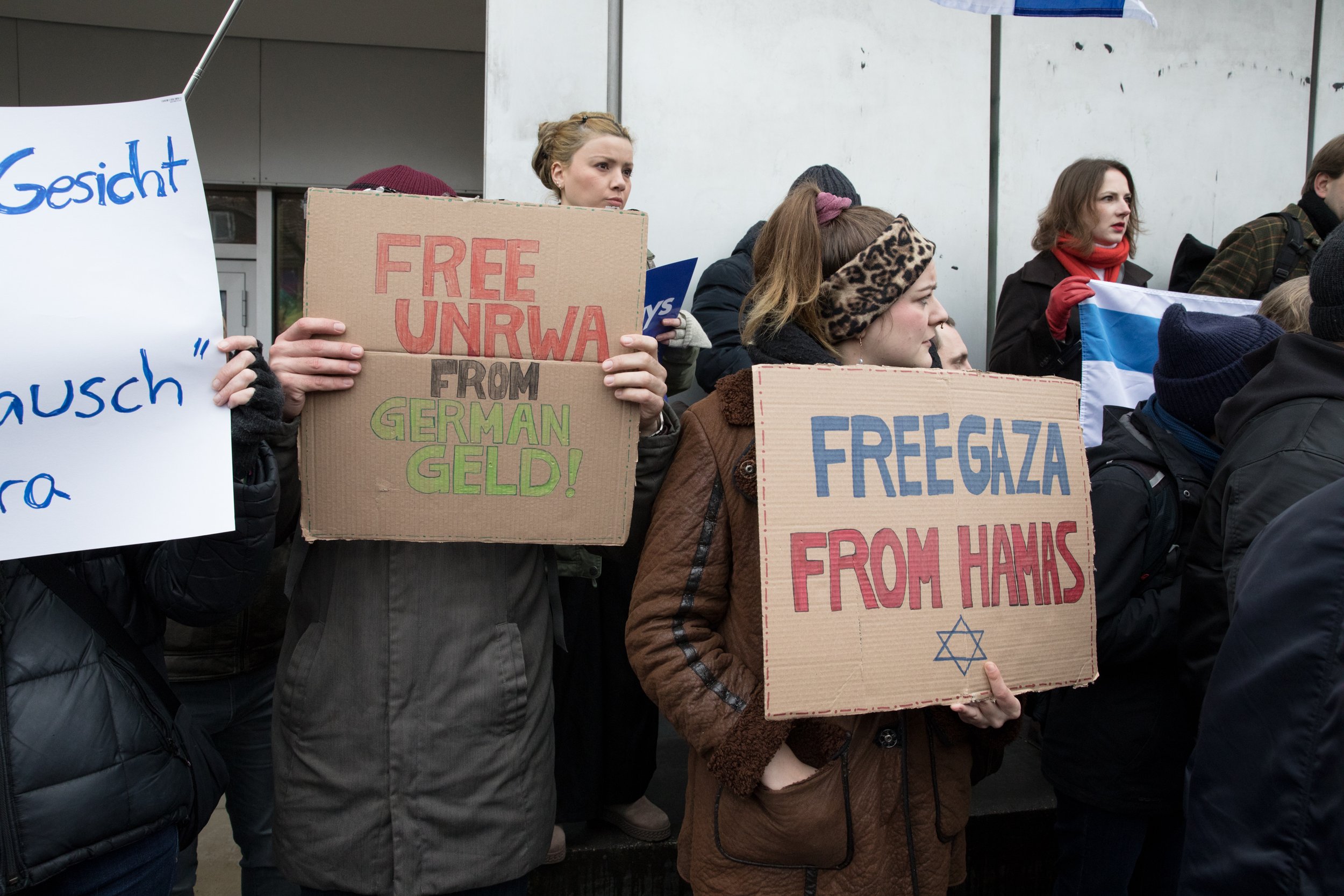Growing antisemitism threatens Jewish students on German campuses
While free speech and robust debate are pillars of academic discourse, they are being twisted as justifications for antisemitic attacks. University campuses in Germany are becoming flashpoints in the alarming resurgence of hate speech and discrimination.
In recent years, universities across Germany have become microcosms of broader societal tensions, with campuses often serving as stages for demonstrations and debates on global political issues. While such discussions are essential to the academic discourse, they sometimes cross the line into antisemitism, either through harmful rhetoric or physical violence. This has raised serious concerns about the safety and well-being of Jewish students, faculty, and staff in these educational environments.
A place intended for growth and learning is increasingly rife with hostility. Jewish members of these academic communities face daily threats. These acts aren't just incidents; they're a chilling symptom of a deeper societal rot.
The story of Jewish life in Germany is a tapestry rich with the threads of survival, resilience, and rebirth woven through the fabric of centuries
Germany's history with antisemitism, marked indelibly by the Holocaust, casts a long shadow over contemporary efforts to foster Jewish life and combat hate. The German government and academic institutions have endeavored to create environments where Jewish culture and history are studied and celebrated. Yet, the persistence of antisemitic rhetoric and violence highlights a troubling gap between the ideals espoused by these programs and the reality experienced by Jewish individuals in academic settings.
From verbal harassment and vandalism to violent attacks
These acts of hatred are a signal of a challenging atmosphere for Jewish members of the academic community, who must navigate these tensions daily. The response from German authorities and university administrations to such incidents has been a mix of condemnation and calls for action, including educational initiatives aimed at combatting prejudice and fostering a culture of tolerance and respect. However, the effectiveness of these measures is often debated, with critics arguing that more concrete steps are needed to protect students and ensure campuses remain spaces for free, respectful discourse.
There is an urgent need to address antisemitism within academic circles and beyond
For Jewish students in Germany, the university experience is increasingly marred by the specter of antisemitism, forcing many to seek support networks among their peers and within the broader Jewish community. The rise of such incidents also prompts difficult conversations about identity, safety, and the right to education free from discrimination.
In a vibrant display of unity and defiance, the Free University of Berlin witnessed a powerful protest against antisemitism on February 9, 2024, spotlighting the collective resolve of students, politicians, and community leaders. Amidst the sea of Israeli flags and placards declaring "Never again, when?", "Fridays for Israel" and "Free Gaza from Hamas," the gathering served as a potent symbol of solidarity with Jewish students and a firm stance against the rising tide of antisemitic sentiment on campus. Prominent figures like Ricarda Lang, Volker Beck, and Lala Süsskind stood shoulder to shoulder with protesters, their participation underscoring a deep commitment to combating hate and fostering an environment of safety and respect. It was not just a response to recent events but a clear message that antisemitism has no place in academic institutions or society at large.
Silence cannot be an option
More concrete steps are urgently needed. Zero-tolerance policies for antisemitic behavior, coupled with robust reporting mechanisms and swift disciplinary action, are crucial. The German government has pledged to tackle antisemitism with renewed vigor, enacting stricter laws and allocating additional resources to combat hate crimes. Yet, effective implementation and consistent enforcement are crucial to ensuring these measures have a tangible impact.




